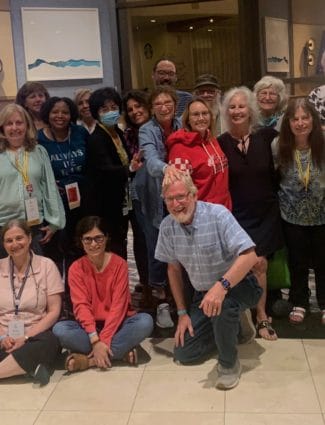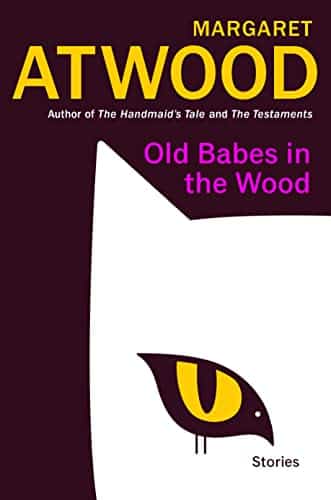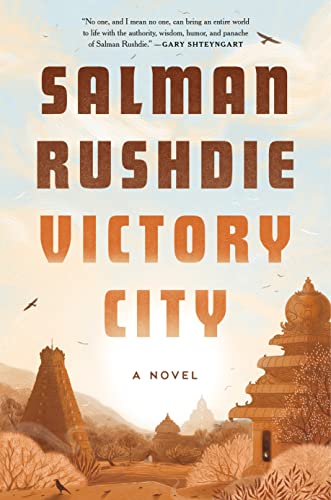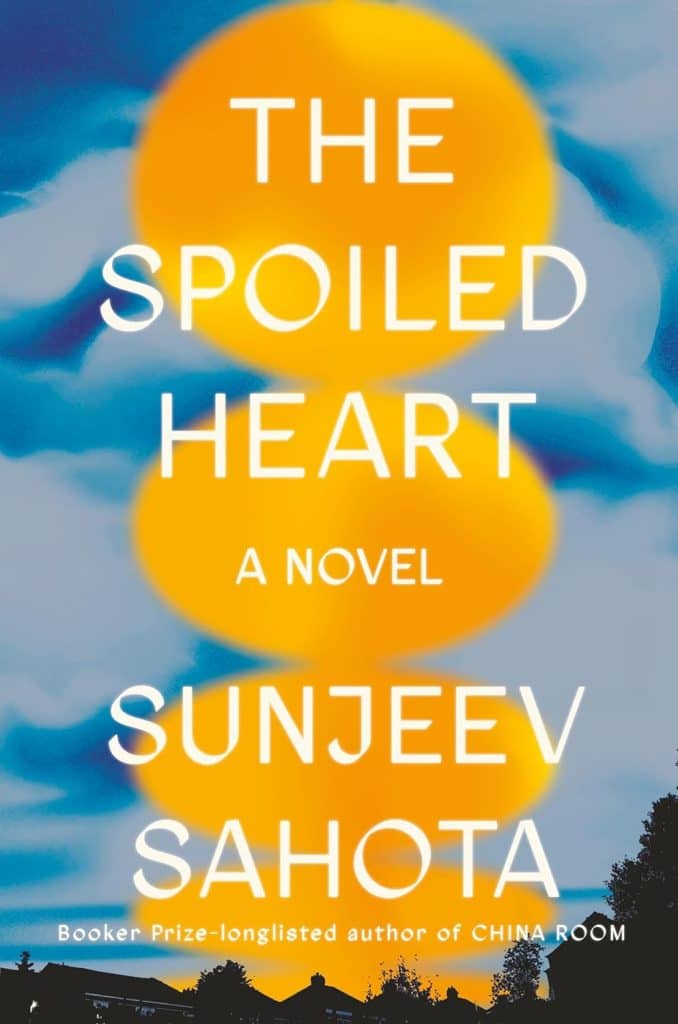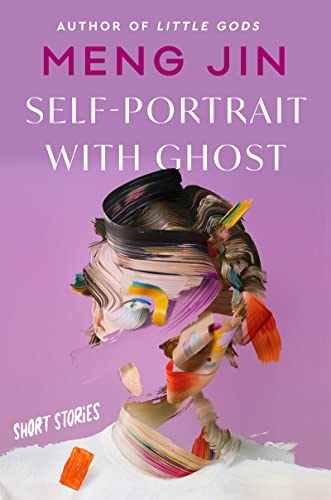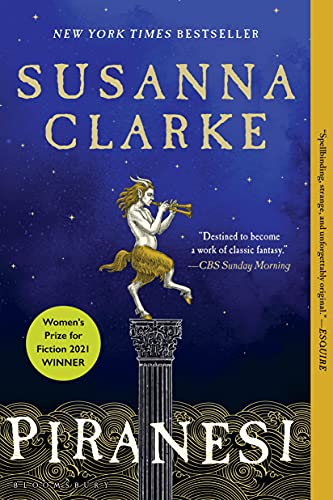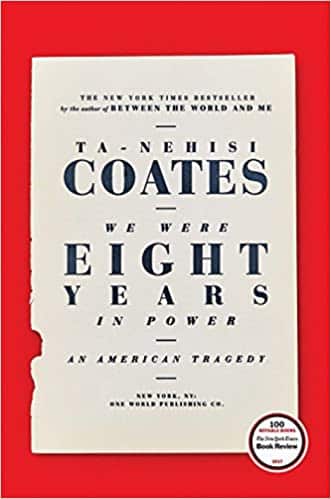
My Chosen Family Helps Me Manage Grief
Estimated reading time: 1 minute, 1 second Family is and always will be crucial to my health and welfare. I love my two sons, their wives, and my two grandsons.
Family is and always will be crucial to my health and welfare. I love my two sons, their wives, and my two grandsons.
However, I have also benefited from being part of a chosen family.
As Melissa Kirsch wrote in the NY Times, “Chosen families are created outside the structures of (and often in place of) the traditional nuclear family.”
No one would choose to be a widow, but having lost the love of my life, I am happy to be part of a chosen family of widows.
We love and support each other. Like any family, we are there whenever any member needs our assistance.
At Camp Widow, twenty-four members of our chosen family met, many for the first time. We were the largest group in attendance.
I will need love and support from my biological and chosen families as long as I live.
The Jan Lilien Education Fund sponsors ongoing sustainability and environmental awareness programs. All donations are tax-deductible.
I receive a commission when you buy a book or product using a link on this page. Thank you for supporting Sharing Jan’s Love blog.


